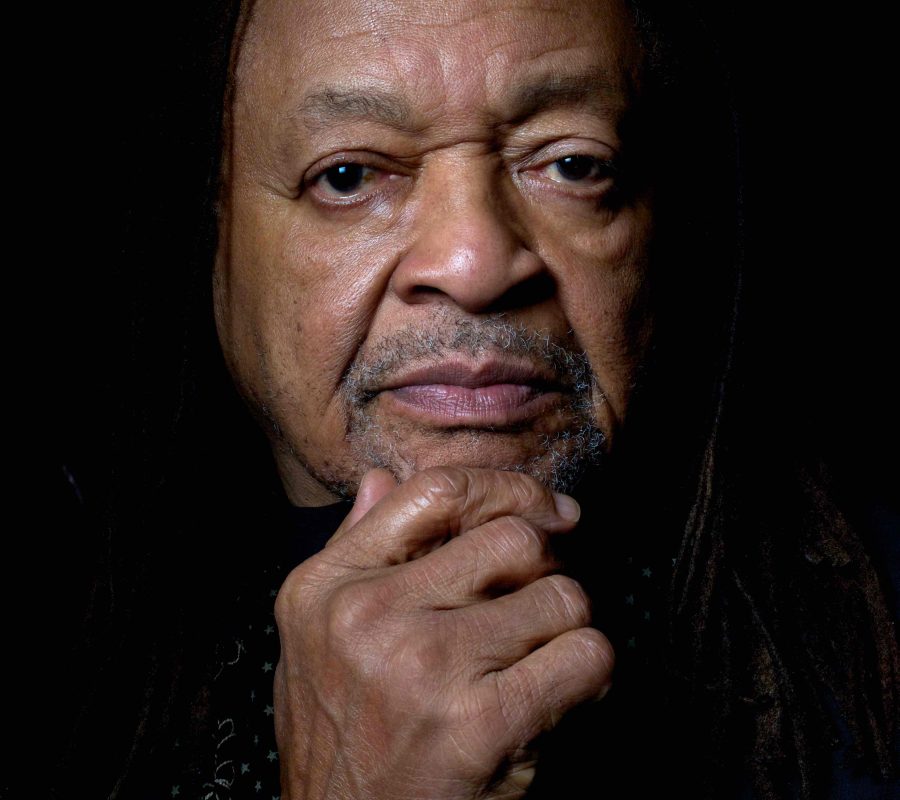There was no accompanying music for the Wednesday night reading. The poet’s words were rhythmic and melodious all their own.
Former UC San Diego professor Quincy Troupe made his return to campus this past Wednesday with a poetry reading and a discussion with colleague and composer Anthony Davis. I took a friend of mine to hear Troupe read a selection of poems from across his nine volumes of work and share electrifying anecdotes about his upbringing and career.
From 1991 to 2003, Troupe was a professor of Caribbean and American literatures at UCSD. Before stepping down as a professor, he was nominated to be poet laureate of the state of California. Over the course of his career, Troupe has also worked alongside music legend Miles Davis, for whom Troupe penned a biography in the ’80s. His memoir “Miles and Me” is currently in production to become a major motion picture.
To an eclectic audience of young and old, professors and students, aging beatniks and wide-eyed hipsters, Troupe dazzled the Loft with a masterful command of emotion through the medium of the written word. This wasn’t just limited to his poetry, as the stories that Troupe told were just as engrossing.
Troupe spun long yarns of growing up exposed to music and musicians in his hometown of St. Louis, and how these experiences informed his writing style.
“I always thought that iambic pentameter … needed to be syncopated like the blues and jazz,” Troupe told the crowd.
Before his poem for Miles Davis, he regaled the audience with stories of his time with the legendary trumpeter, including the first time he visited him at his home on 79th and Fifth in New York City.
“When I got to write this story on him for Spin Magazine,” Troupe recounted, “I went over to his house. … He’s looking at me behind sunglasses, and he reaches up across the table and grabs my hair, and asks ‘How you getcho hair like dat?’ So I smacked his hand, BANG! And he goes, ‘M—–f— you crazy?’ And I said, ‘Just because I’m here to do a story on you don’t give you no reason to invade my f—— space!’ He looked at me, and I saw a little twitch going around his mouth. He said, ‘Where the f— are you from?’ I say, ‘St. Louis, Missouri,’ and he says, ‘now I know you f—— crazy!’ That’s when he takes his glasses off and says, ‘Well m———–, don’t just sit there, ask me a question!’ I was only supposed to be there an hour and a half, I was there for 12 hours. He cooked food and everything, and that’s how I got to meet him.”
In his poem about Davis, Troupe paid homage to the musician’s legacy but was also able to capture the spirit of his music in his voice. With the inflections of Troupe’s voice running up and down, words that were held onto or staccatoed, one could have felt that this was a kind of incantation of Miles’ spirit — as though in some transmutive sense, Davis was still playing through Troupe, his music now taking the form of words.
Troupe recited, “This was a great poet on his instrument. His horn could blow warm, round notes that spoke to the deepest human emotions, and it spit out cracked trills that evoked the angry sound of bullets firing … His sound could penetrate like a sharp knife, it could also be muted, tender, and low, like a lullaby.”
Troupe recites his poetry the same way a masterful jazz musician plays their stuff. The textural and sonic quality of each word is emphasized with meticulously placed cadences in the voice, and in this way, the words on the page take on a new life, like notes on sheet music flowing through warm brass. The friend I had brought with me confessed after the show, “I’ve never heard poetry read like that before: it took on a whole new life.”
I’m disappointed I didn’t know more about Troupe before going to see him. He’s undeniably genuine and cool, one of those rare artist types who is still madly in love with his craft even after having found mastery in it. I feel I’ve been graced to have been witness to such a stroke of genius in only two hours.
Grade: A+
Venue: The Loft
Date: Feb. 6, 2019
Image courtesy of africanvoices.com









Stewart Parks • Feb 17, 2019 at 4:42 pm
While Quincy Troupe is definitely a talented wordsmith, it might have been mentioned that he resigned in disgrace from both his professorship and the poet laureate of CA appointment when it was revealed that he misrepresented the fact that he never earned a college degree from Grambling or any other college.